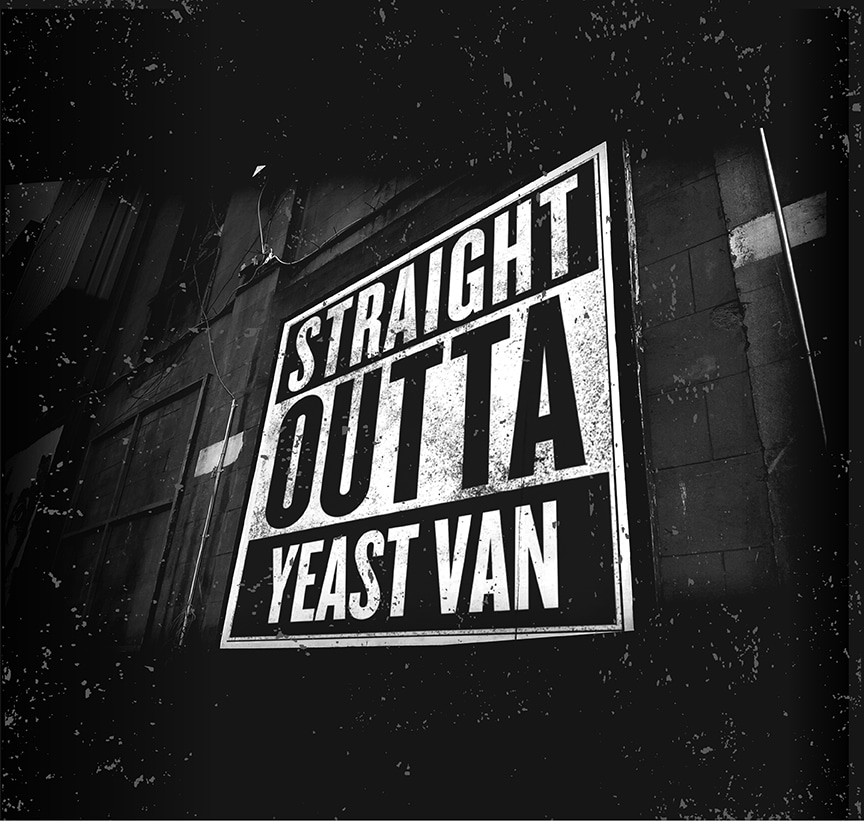
With tasting rooms across the province closed due to the COVID-19 (coronavirus) response and thousands of people laid off, B.C.’s craft breweries and the people they employ and support are in crisis. Operating on slim margins with little in the way of cash reserves, your favourite local craft brewery is very likely at risk of bankruptcy if COVID-19 outbreak measures continue for much longer.
We spoke with Ken Beattie, executive director of the B.C. Craft Brewers Guild about the impact that COVID-19 is having on these small, locally-owned businesses, and what government can do to help them survive.
What are B.C. craft breweries going through right now?
It’s an extremely stressful time for all our members, and we recognize it’s stressful for everyone in different ways. But I’m proud of the tenacity of our members in adapting quickly to the new reality of takeout and delivery service only, staff working in the retail onsite stores to keep the beer flowing, and the brewing teams keeping the supply chain flowing so our customers can pick up beer through their local retail and hospitality accounts.
What is the craft beer industry’s impact on the B.C. economy?
We have roughly 200 breweries and brewpubs in over 60 communities around the province employing close to 4,500 people. Our best guess is 80% of those employees have been laid off during the crisis. B.C. craft brewers represent over 30% share of the beer sold in this province through the liquor distribution branch, accounting for more than $300 million in annual sales. We hope that all consumers will support our displaced workers and their businesses by increasing their commitment to buy locally-owned products—not just craft beer, but ideally everything else they can too. It is time to buy BC made products at every opportunity.

What sort of aid do craft breweries need to survive?
Essential service designation. We need to ensure the supply chain remains open and efficient, allowing brewers to continue to manufacture, distribute and sell their products without interruption.
Immediate cashflow and debt relief. We need to keep finding ways to ensure B.C. businesses have adequate cashflow through the worst of the crisis and support throughout the recovery phase so they are not burdened with massive debt due to loans taken on as a last resort. We need forgivable loans and to maximize our working capital by delaying payments of rent for business owners and landlords. We are encouraged by the deferrals on collection of fees and taxes announced by the province and federal government so far including PST, GST, and Employer Health Tax, along with the provincial education property tax relief. These are costs paid by small business monthly, so any and all relief is welcome, but more support will likely be needed. We’d also like to see an increase to the federal wage support for business from 10% to at least 55%.
Consumer support. We need all consumers to support the businesses that remain open by choosing BC independently owned and operated business over foreign owned businesses. Local products manufactured by locally owned small business around your community should be the priority. Also support the business that are closed by shopping online or purchasing a gift certificate and support these businesses when they reopen.
What would you like to see done at municipal, provincial and federal levels, respectively, to help craft breweries?
At this point in the crisis we really have had unprecedented dialogue and response with all levels of government. Nationally we are working with the Canadian Craft Brewers Association. Provincially the Business Technical Advisory Panel has continued to work together and interacts at least daily with both the Liquor & Cannabis Regulation Branch and Liquor Distribution Branch along with various ministries. This work has been very productive, with the recent example permitting alcohol to be delivered along with your take out and delivery meals. Municipally, various industry coalitions have been formed and a collective message on key concerns has been sent on behalf of members to mayors and councils around the province. I hope that at the end of all of this we remember we can get more done than we ever thought possible when there is a collective will to reduce unnecessary red tape, generate opportunities and remove barriers for small business so they can do what they do best.
- If you’d like the federal government to do more to help small businesses in this uncertain time, sign this petition at https://savesmallbusiness.ca/petition/




